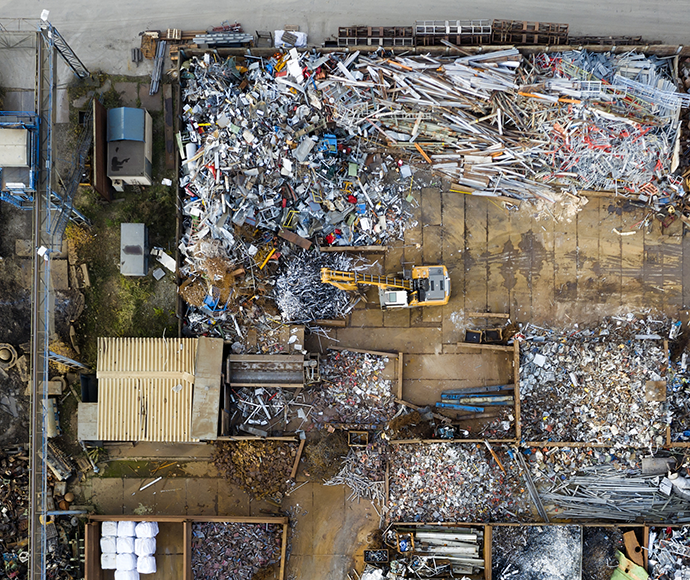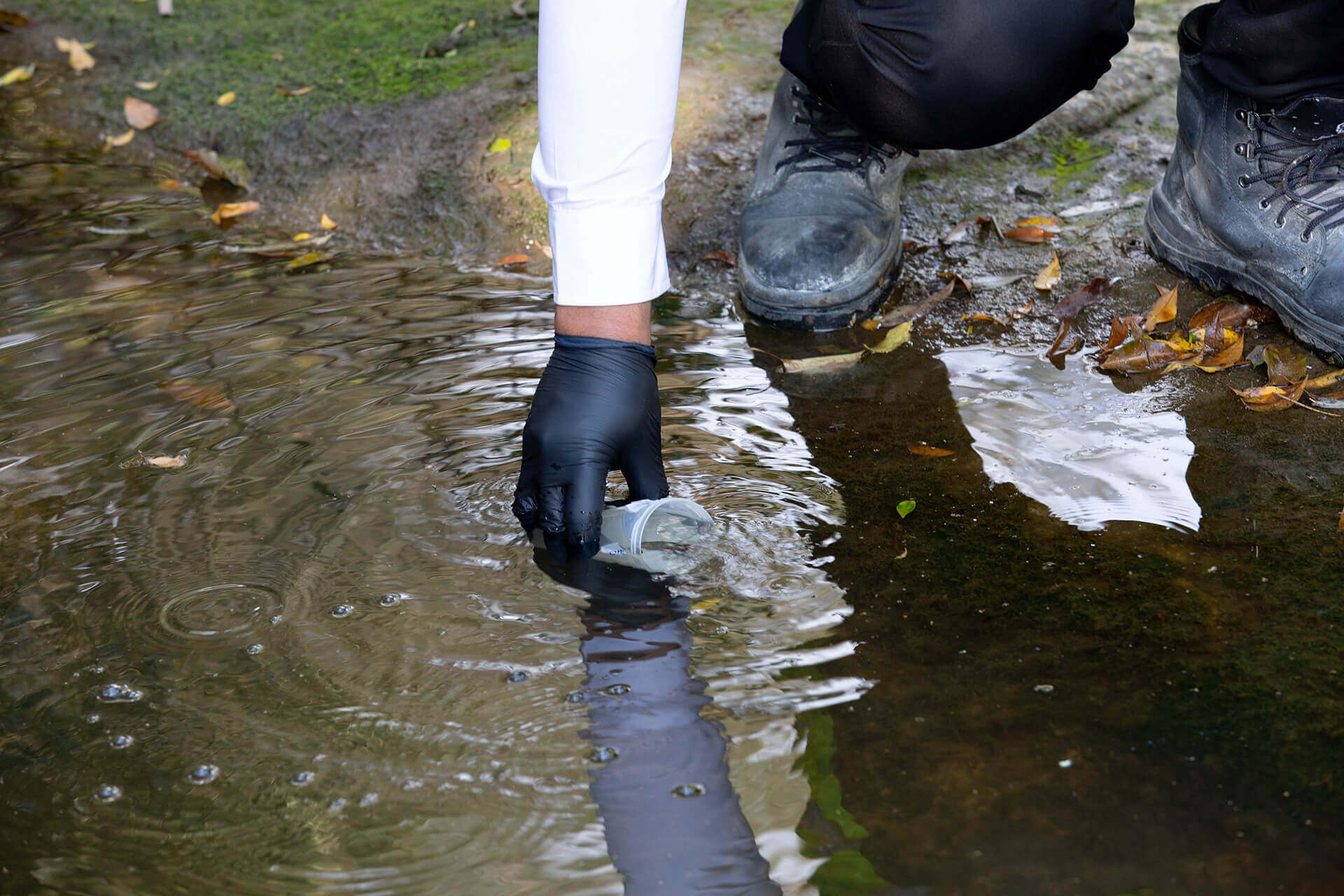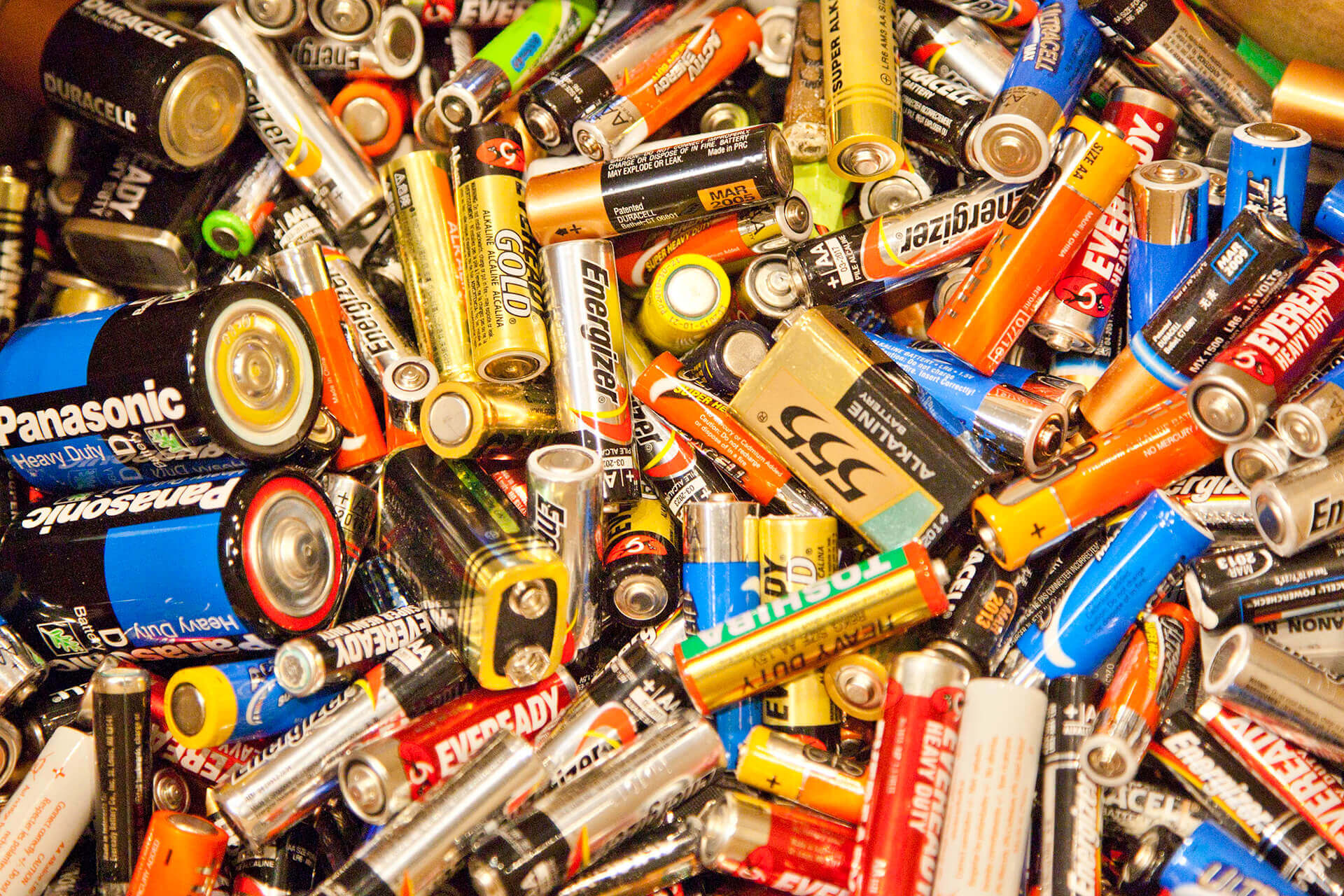News
11 Dec 2024
EPA challenging industry to divert more than 1 million tonnes of waste yearly
A landmark audit of the waste from NSW businesses and institutions will be used to tackle the growing challenge of Greater Sydney’s landfill capacity, which is forecast to run out by 2030 without intervention.

News
11 Dec 2024
Sydney Water to pay $200,000 for untreated sewage spill
Sydney Water has been ordered to pay $200,000 to the NSW Environmental Trust after pleading guilty in the Land and Environment Court to failing to maintain equipment causing the release of untreated sewage into Powells Creek, a tributary of the Parramatta River.

News
10 Dec 2024
NSW leads the charge on mandatory battery safety
The NSW Government will take further action in 2025 to tackle the growing risk of battery-related fires, by requiring battery suppliers to participate in mandatory safe disposal and product stewardship of their products.

Content page
09 Dec 2024
Progress with our Climate Change Action Plan
We are committed to providing annual updates on our progress with implementing our Climate Change Action Plan: 2023-26.


Content page
09 Dec 2024
Non-road diesel and marine emissions
Construction and mining equipment, rail locomotives, ports equipment and ships can all have diesel engines - a significant source of air pollution. Here’s what we’re doing to reduce these diesel emissions, and why it’s so important.

Content page
09 Dec 2024
Emergency information
Emergency information must be carried on a vehicle transporting a placard load of dangerous goods.

Content page
06 Dec 2024
NSW forest agreements
As part of the NSW Government’s commitment to regulatory modernisation, the Forestry Legislation Amendment Act 2018 repealed provisions in the Forestry Act 2012 that made NSW Forest Agreements prerequisites for Integrated Forestry Operations Approvals (IFOAs).

Content page
06 Dec 2024
Integrated Forestry Operations Approvals
Integrated Forestry Operations Approvals (IFOAs) set environmental rules for how forestry operations can be carried out in State Forests and Crown Timber Lands in NSW. We inspect these operations to make sure they are following the rules, and can take action if they are not.

Content page
06 Dec 2024
Air: NSW overview
The EPA works with other government agencies, industry, and the community to keep our air clean. Find out how to report smoky vehicles or other air pollution to us, and how environment protection licences for industry help control air pollution.
